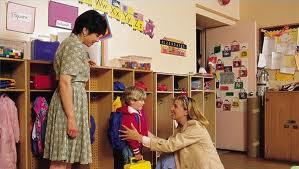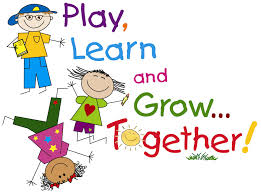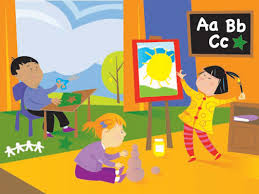 Everyone makes mistakes. Granted, some mistakes are more significant than others and harder to get over, but they are a part of life. How individuals deal with those mistakes is significant to their self-esteem. Children who are taught from an early age to admit to their mistakes understand that it’s not a crime to make one, and they seem to have the ability to cope much better with them. They recognize that a mistake was made and admit the error. Most importantly, these children also develop a strategy to change the mistake and not do the same thing again.
Everyone makes mistakes. Granted, some mistakes are more significant than others and harder to get over, but they are a part of life. How individuals deal with those mistakes is significant to their self-esteem. Children who are taught from an early age to admit to their mistakes understand that it’s not a crime to make one, and they seem to have the ability to cope much better with them. They recognize that a mistake was made and admit the error. Most importantly, these children also develop a strategy to change the mistake and not do the same thing again.
The process of making and learning from mistakes is an extremely valuable life skill for everyone because learning involves risking. Every time children risk, they will not always succeed. But they tried something new and most likely learned from it as a result. Children with low self-esteem deal with making a mistake quite differently. More often than not, these children use the experience to devalue themselves. Instead of looking at the error as an opportunity to learn, these children interpret the experience as a reason to quit and never try again. They view it as a devaluing and humiliating experience. You can help your child cope with mistakes by first making sure they understand that everyone makes mistakes, even you.
Own up to your own mistakes to teach them there’s no shame in making them. Make sure they understand that it’s okay to make mistakes. This presents a great opportunity to tell your child what you’ve learned to do differently the next time. Then, offer strategies to turn mistakes into learning opportunities. In the process, you can provide your child with an opportunity to enhance their self-esteem and accept responsibility for the mistakes they make. Help your child to realize that the mistake is the problem, and not them. Then help them develop a positive plan for the next time around, and what they’ll do differently the next time to avoid making the same mistake again.
















